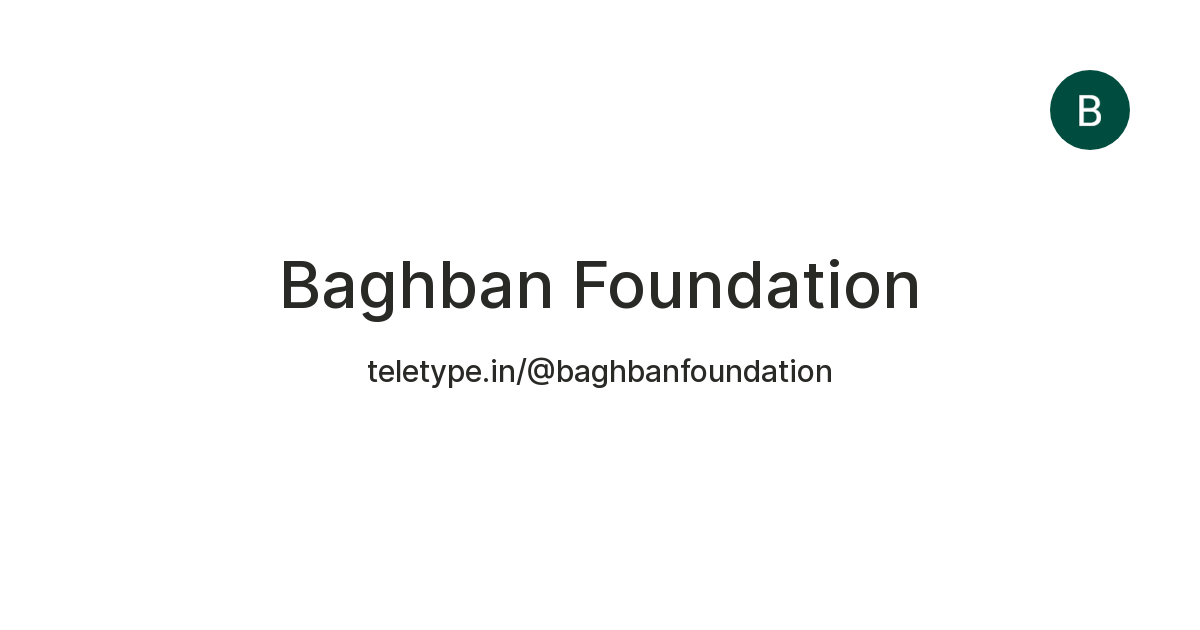When someone gets injured with whatever ailment, it be the flu or a sore throat, they’ll require
healthcare and medical attention. Sometimes, patients may need more funds to afford healthcare and
be unable to access it. When patients have access to healthcare, they’ll have the encouragement
needed to build a relationship with their healthcare provider, which will benefit them both and result in
the patient overcoming the injury or illness. Their ailments will worsen if they cannot access healthcare
when in desperate need. Many patients who have conditions are unable to afford healthcare within
Pakistan. Due to the abnormally higher insurance costs, the limited availability of appointments, and the
unfit transportation systems, patients are forced to go through these insurmountable obstacles to the
healthcare they need.
The Issues of Acquiring Access to Healthcare:
Healthcare is not accessible to all patients across the country of Pakistan. There are a few issues that
prevent families and individuals from accessing healthcare when they need it. One of the major issues is
that healthcare costs are abnormally high; even patients with insurance see these costs as a huge barrier
when trying to access healthcare. When people have no choice and are required to pay for either food,
rent, or healthcare, many disregard healthcare. Disregarding healthcare is unacceptable as their
conditions or ailments could continue to deteriorate over time. According to the World Health
Organization (WHO), it has been estimated that 70% of Pakistanis have cited that they cannot access
healthcare because of the high costs. The high costs are a significant problem within Pakistan compared
to other countries. Because of the high cost, Pakistanis have been required to forego the need for
healthcare or delay it because they cannot cover the expenses. Many citizens have gone into debt trying
to afford healthcare, which strained their finances. While people under the poverty level may have the
option of accessing “low-cost healthcare” that will indefinitely benefit them, for the citizens in the
middle class, the ever-growing rates are pretty tricky for them. The rising healthcare costs have put
people in a position where they either have to delay the treatment until they can afford it or be forced
to go into debt to afford it. Add to this the increasing rate of high-deductible plans, their costs also being
relatively high before insurance comes in, and the result is an economic situation that requires many
people to go into debt or forego healthcare due to costs. Another significant issue is the transportation
barriers between the healthcare provider and the patient; this significantly impacts whether the patient
can access healthcare. There are areas in which transportation and internet services are limited;
because of this, patients must travel farther distances to receive healthcare. Those with cars or
motorbikes can drive to the healthcare provider, although they’ll have to pay for the gasoline. People in
rural areas with chronic illness find this challenging as they require regular health care. Within 2020, it
was reported by the World Bank that 63% of Pakistanis live in rural areas, which means over 130 million
Pakistanis are unable to afford healthcare and acquire access when they need it. Urban and suburban
regions are also affected by the transportation issues. Providers located within areas far from the
metropolitan regions pose quite an issue, even for those with mobility access, such as cars and
motorbikes.
The Potential Solution to Acquiring Accessibility for Healthcare:
Healthcare leaders have recognized the importance of healthcare for individuals; they research and
develop new products every day that can reach the hands of patients who are in desperate times. They
have also explored ways to find solutions to improve health care. In 2021, it was reported by the World
Health Organization that almost 100,000 citizens of Pakistan were uninsured in 2020. These citizens
were often found to be employed or depending on employed individuals. Due to the rising costs of
insurance, companies can no longer provide insurance to employees so they can gain benefits. When
citizens shop independently in the private market, quite a handful of insurance companies offer
insurance with expensive policies and high-deductible plans. These expensive insurance policies prove to
be unaffordable for some individuals. Efforts have been made, such as NGOs launched by healthcare
leaders such as the Baghban Foundation. NGOs provide free medical assistance as well as other benefits.
Many NGOs also offer services such as telehealth services. These services provide rural communities
with remote access to physicians and other medical services without a tangible clinic within their area.
NGOs set up video conferences where doctors communicate with patients across large distances to
better assist them in their recovery. Telehealth services allow rural areas and small-town doctors to
connect and build a beneficial relationship for each other and the patient receiving overall healthcare. For more blogs, You can visit: dailybsb



